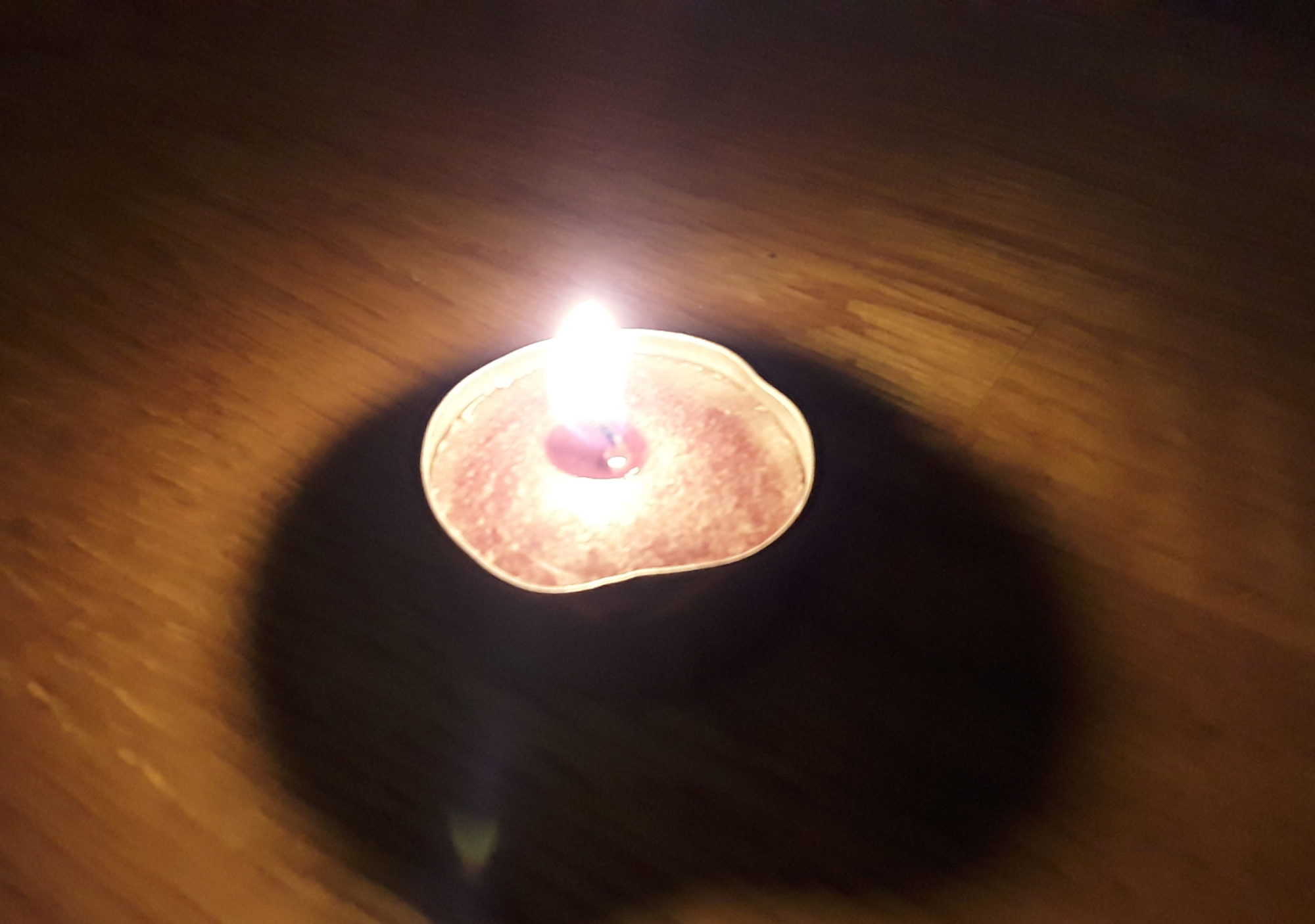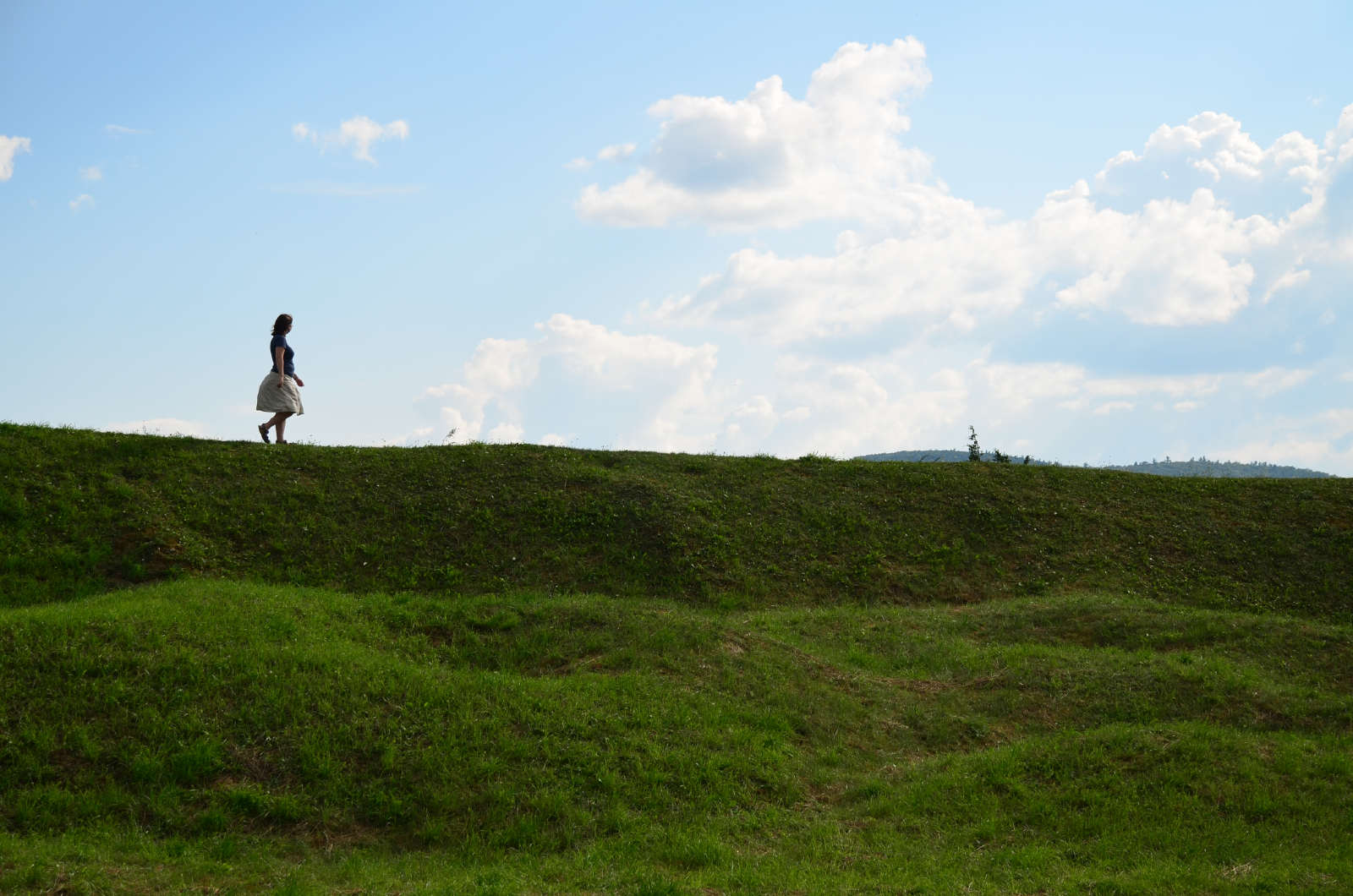Genesis. The very beginning: Creation, Adam & Eve, temptation in the garden, which seems to lead to murder… Whenever I read these passages I initially become upset to the point where I want to throw in the towel and walk away. Then, I remember this is the beginning, there is no before Genesis, there is not the three or four thousand years of human history before this (it has been dated from 1450 BCE to 5 or 6 BCE). So here I am four thousand years or so later, and a lot has happened during that time, and to try to understand what is being said, I have to put all that knowledge (and bias) aside. I also have to remember that we live in the age of science, truth, and fact, and that was not the cultural context thousands of years ago.
Genesis starts with the Creation narrative which whether it is a compilation of four sources or one source, is written by someone(s) who was/were not present at these events; humans are not there until the end of the first chapter. What we can learn is that humans come last, predated by fish, birds, and then animals, which naturally is predated by the Earth on which we all live. Sometimes when I read about the separation of the waters it reminds me of childbirth, and the breaking of water and division of the water and baby from the amniotic sac. I also like some of the phrasing in my translation* (NKJV ), about “let the Earth bring forth” herbs and animals. It suggests more of a blessing of may these things come to past, than a divine being waving a wand. So, although humans may have been given “dominion” over the Earth in some sort of hierarchal web, we humans are after all at the top of the food chain, the Earth has some agency or independence as its own entity.
Another big thing that happens in these passages is the temptation with the tree of knowledge. Initially, again this seems offputting in this feminist era, and it makes me wonder if snakes used to be upright or have legs or something? Anyways, Adam and Eve were created by the Divine Mystery somehow, and it is not until after these early humans partake in the knowledge of good and evil that there is childbirth, and humans can procreate. Before eating of the fruit of the tree of knowledge Adam and Eve are like children enjoying the Garden of Eden, being kicked out of the garden is a lot like growing up, taking care, and being responsible for oneself. Although there are days where I would love to have meals provided for me, and I could spend the day at my leisure, in the philsophical theory of Mill, I would inevitably wish to return to the higher pleasures over the lower pleasures after a brief reprieve. Or put another way once you know something, you can not unknow it. The loss of innocence brings the knowledge of pain, but it also brings a better knowledge of joy. So here we are outside the garden, making our own garden.
4/1189
* I have chosen to use the NKJV as that is the first edition of the bible that I read cover to cover. However, in ministry work I have found the NRSV to be more generally accurate in translation and phrasing, in the spirit of the original translations, although it is by no means perfect either.

